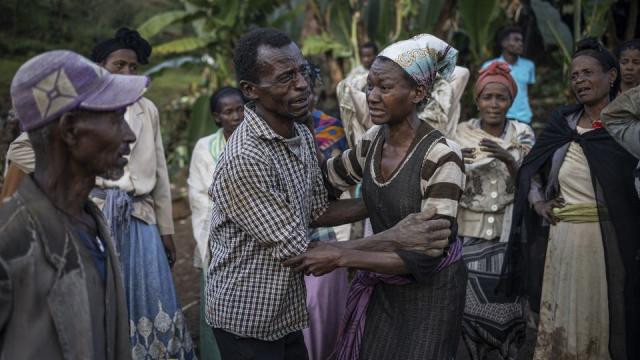
The specter of colonialism looms large in the annals of human history, provoking profound reflections on power dynamics, cultural identity, and notions of justice. As societies grapple with the enduring legacies of this complex epoch, delving into colonialism from a philosophical lens offers a unique vantage point to understand its philosophical underpinnings, the ethical questions it raises, and the lessons it holds for our shared human journey.
At its core, colonialism can be examined through the philosophical exploration of power dynamics. Philosophers have dissected how the pursuit of dominion over other nations reflects the darker aspects of human nature, driven by the quest for control, supremacy, and the subjugation of others. From Thomas Hobbes’ theory of a ‘state of nature’ to Michel Foucault’s insights on power relations, colonialism’s underpinnings can be understood within philosophical debates on governance and human behavior.
Colonialism’s cultural dimension triggers philosophical inquiries into the essence of identity. Philosophers like Frantz Fanon examined the psychological impact of colonialism on the colonized, highlighting how cultural erasure and alienation influenced individual and collective identities. The questions of ‘self’ and ‘other,’ as well as the intersections of race, ethnicity, and identity, become central to understanding the lasting scars of colonial imposition.
The ethical dimension of colonialism raises questions about justice, moral responsibility, and historical accountability. Philosophical theories on distributive justice and reparation come to the fore as societies consider the implications of past injustices. The debate surrounding reparations for historical wrongs underscores the complex interplay between collective responsibility, restitution, and the quest for healing in the face of past atrocities.
The notion of human rights is closely intertwined with colonialism, leading to philosophical discussions on the universality of these rights versus cultural relativism. Philosophers like Kwame Anthony Appiah examine the tension between universal principles and cultural diversity. Colonialism’s imposition of norms prompts us to contemplate the ethical boundaries of cultural interference and the importance of respecting cultural autonomy.
The philosophical study of colonialism equips us to navigate contemporary challenges arising from post-colonial societies. From the global movement for decolonization to the pursuit of equitable international relations, philosophical insights into colonialism guide us towards ethical considerations in addressing ongoing power imbalances, economic disparities, and cultural reclamation.
Engaging with colonialism from a philosophical perspective invites us to transcend historical narratives and explore the fundamental questions of human existence: power, identity, justice, and ethics. As we seek to understand the past, we cultivate a deeper awareness of our shared responsibilities in shaping a future where dignity, equality, and the pursuit of truth prevail over the shadows of history. Philosophical reflections on colonialism illuminate a path towards healing, dialogue, and a more just global society.




